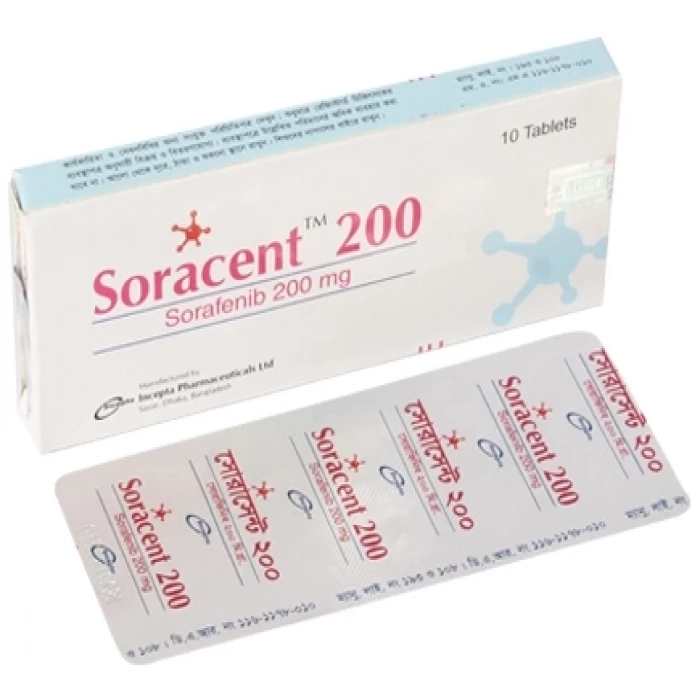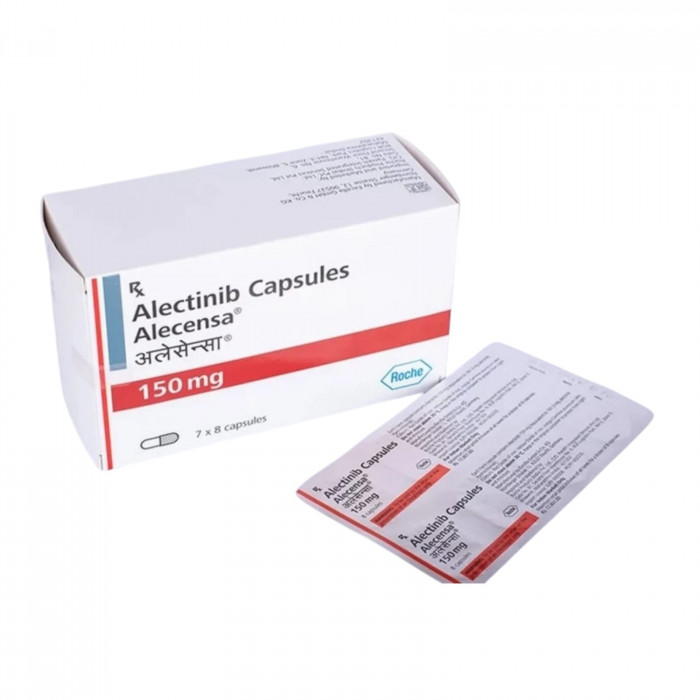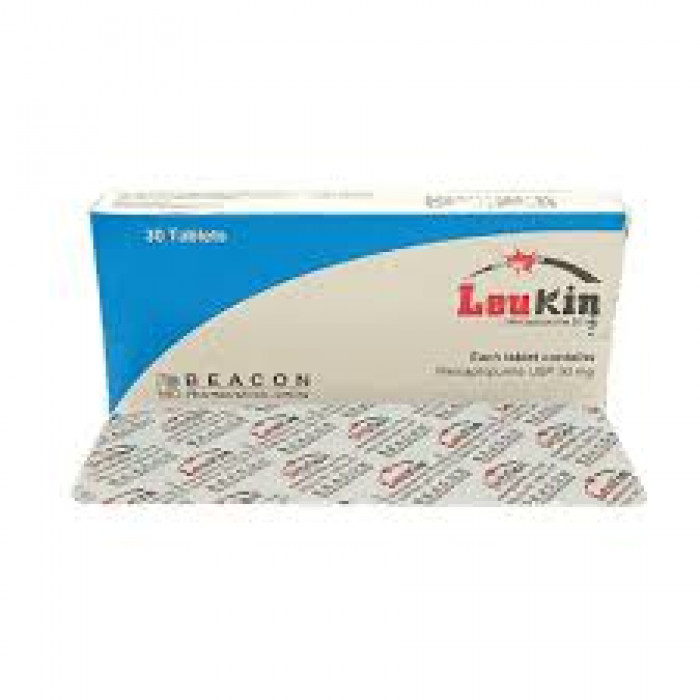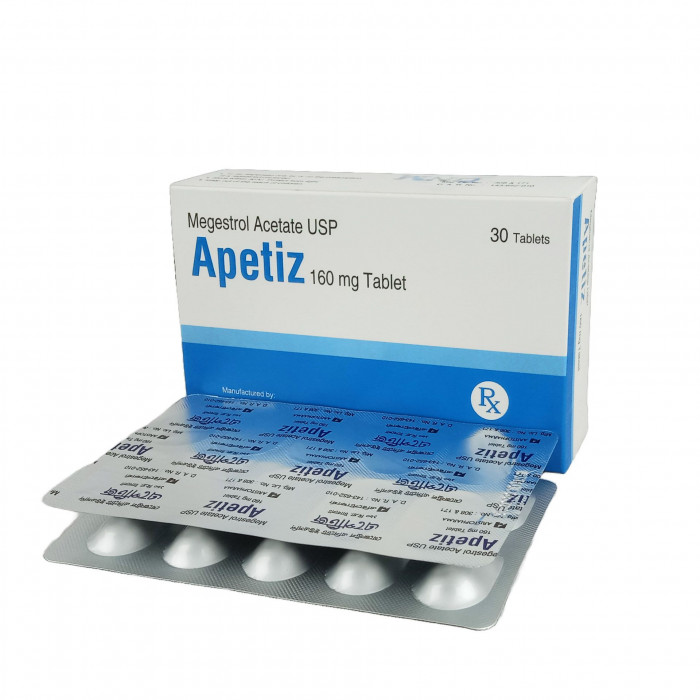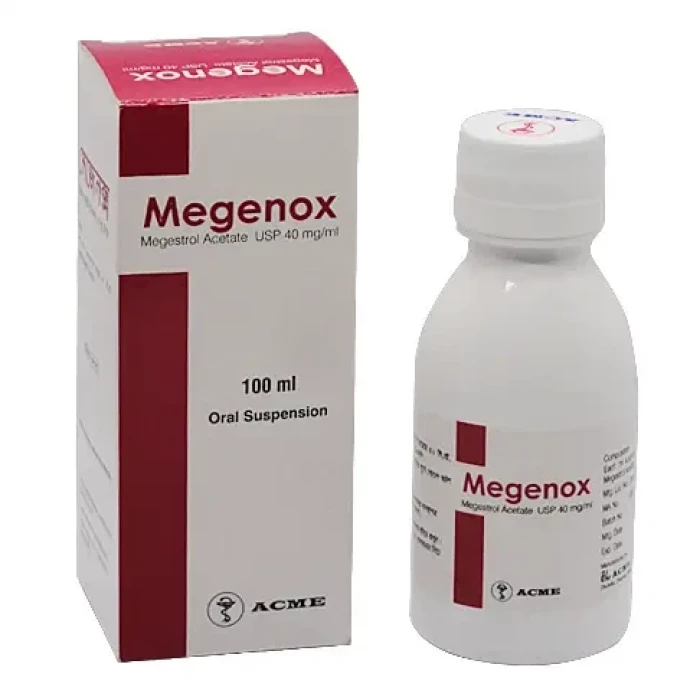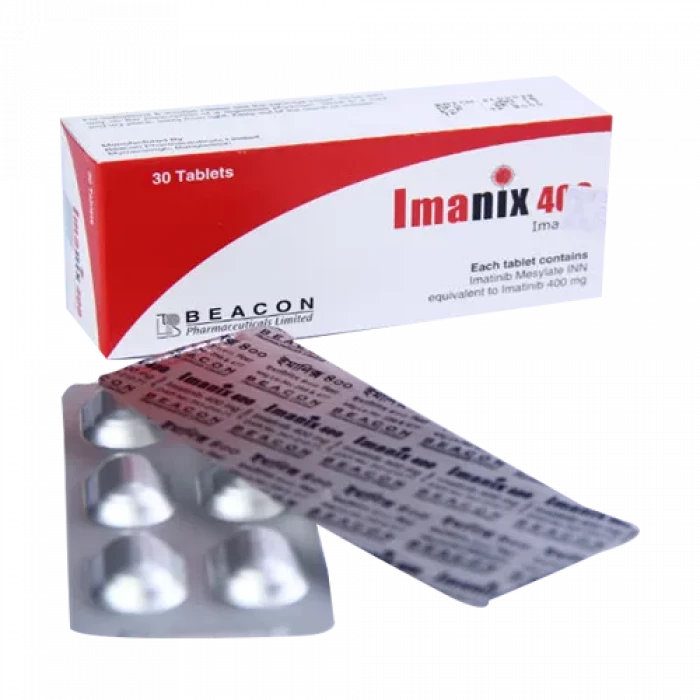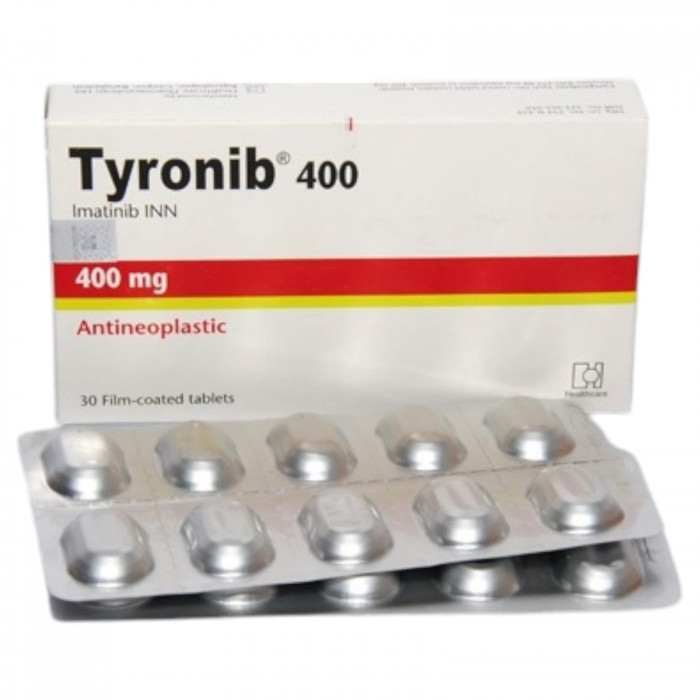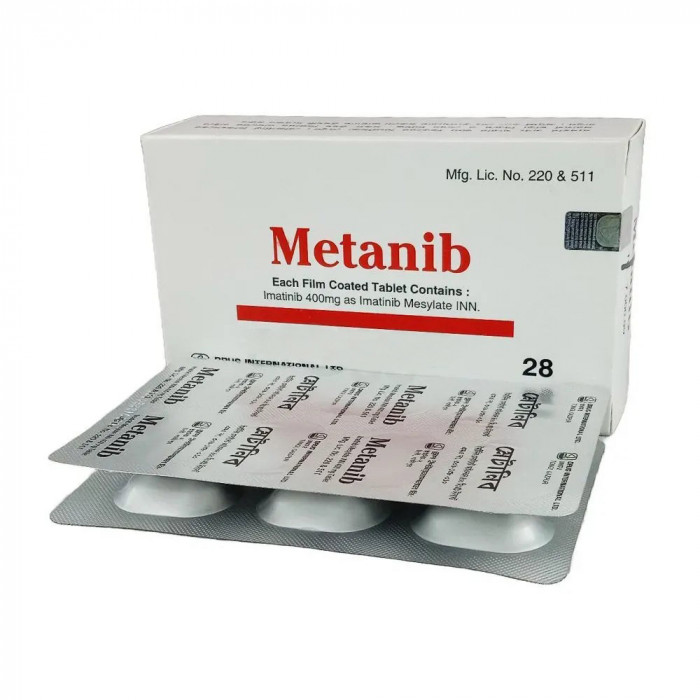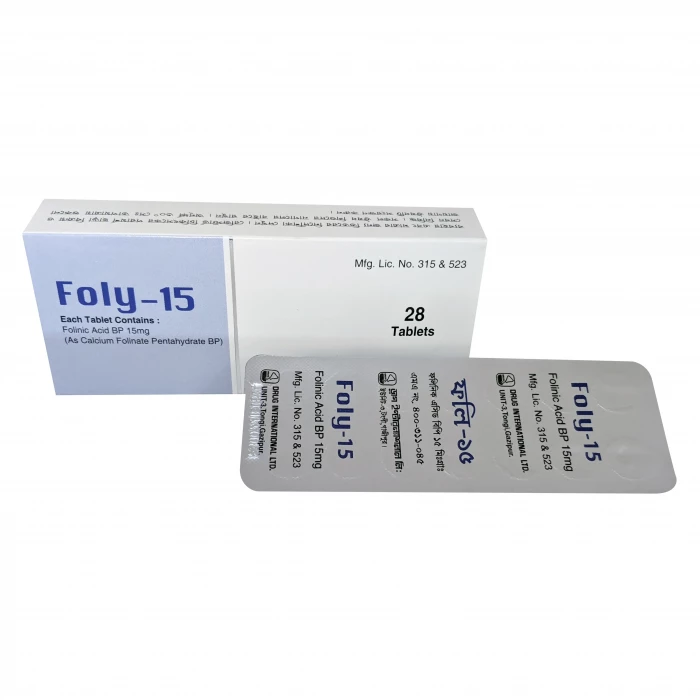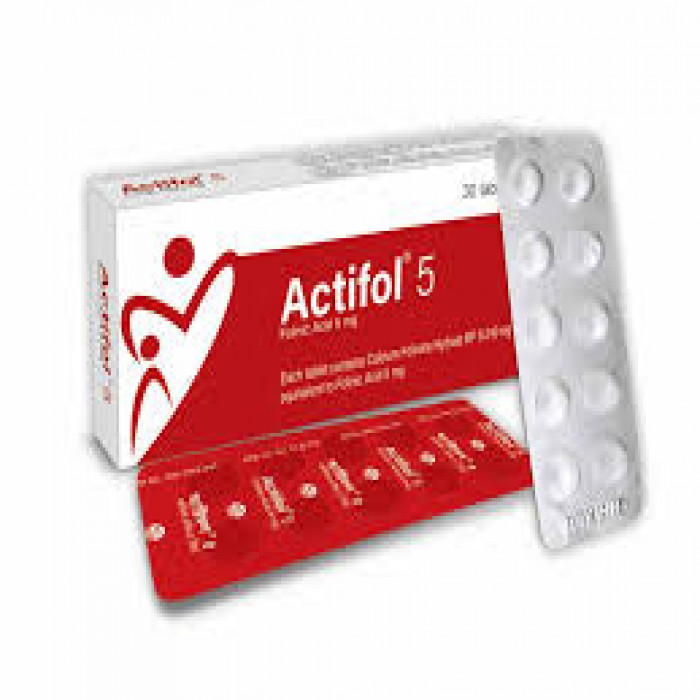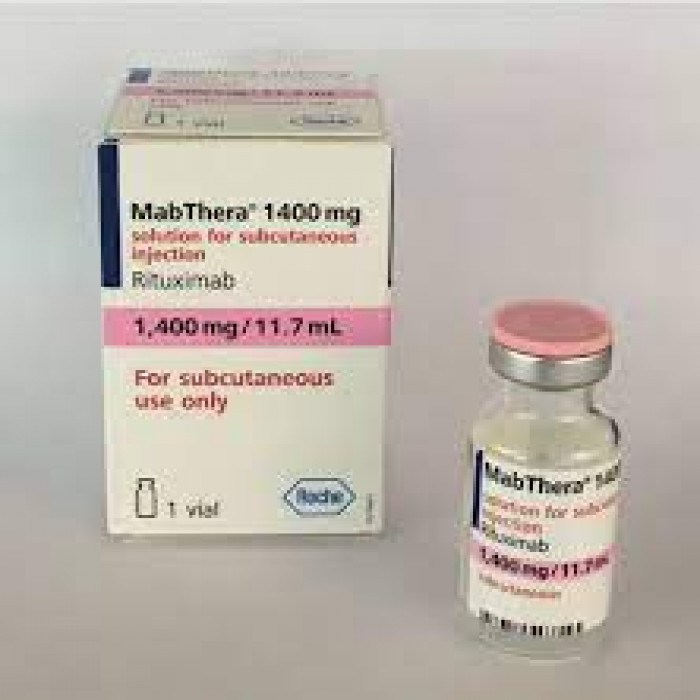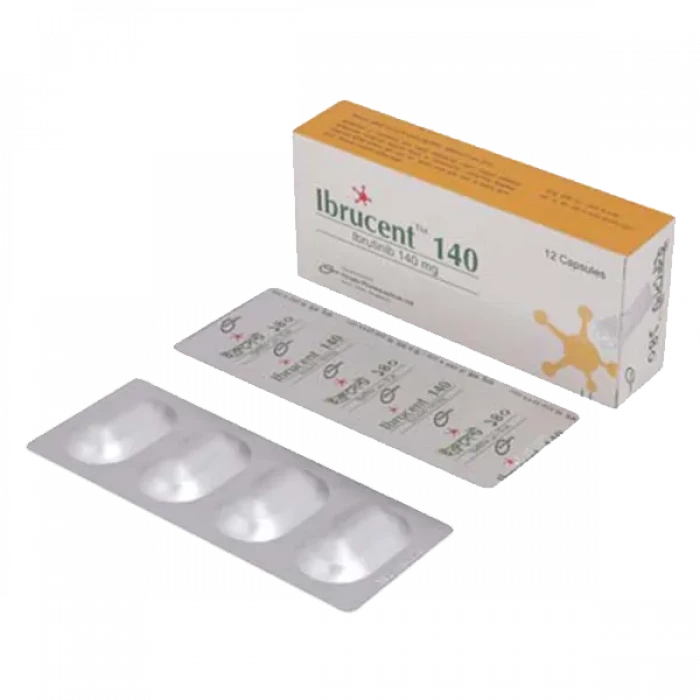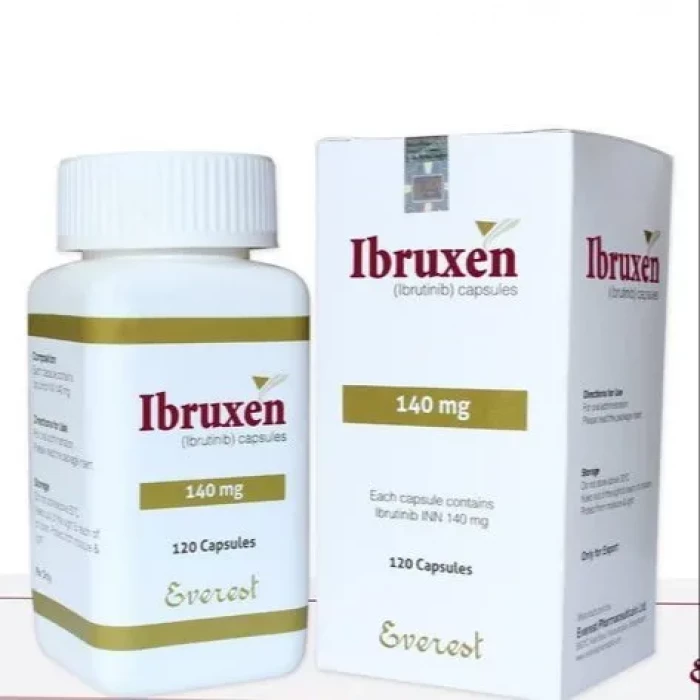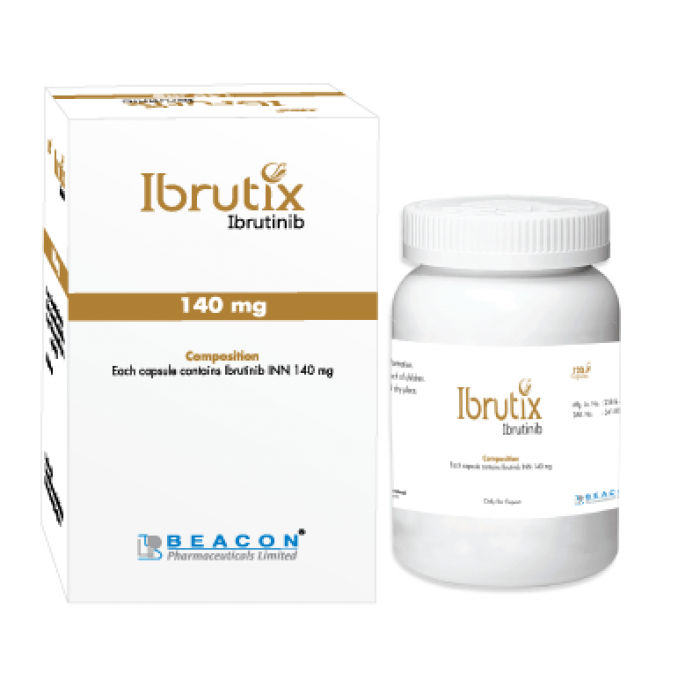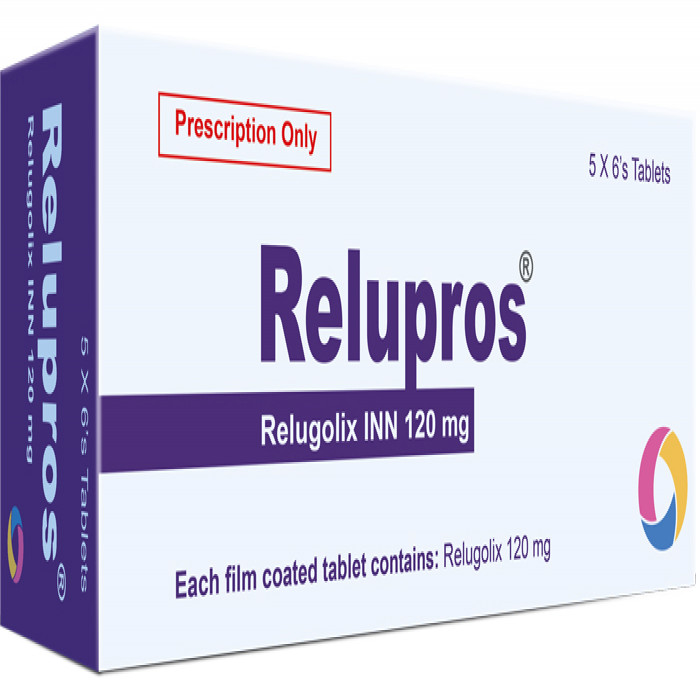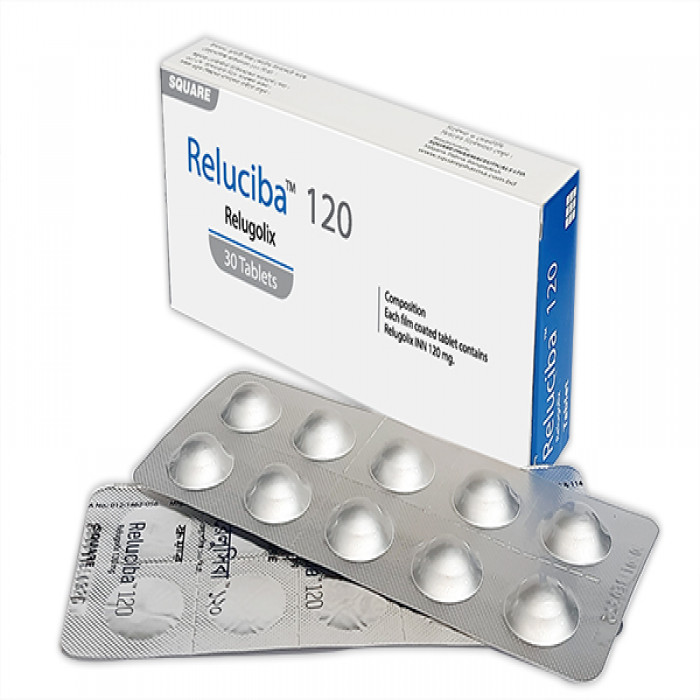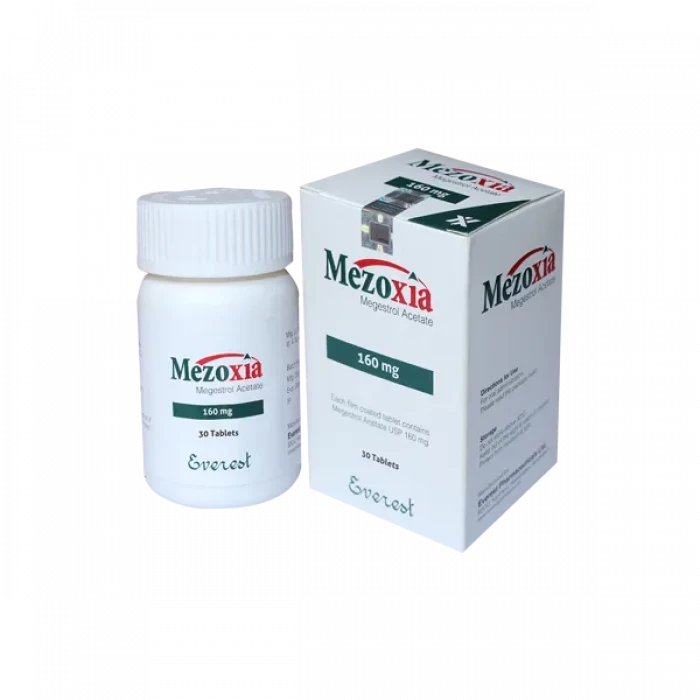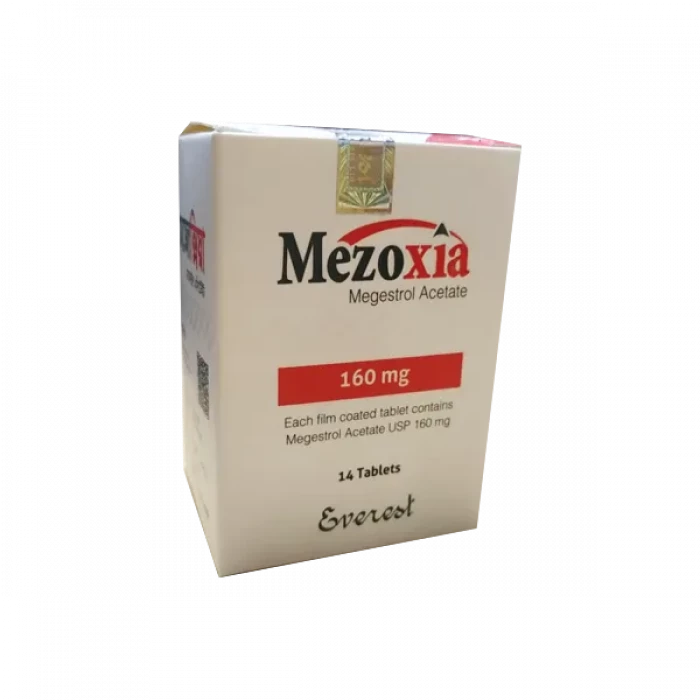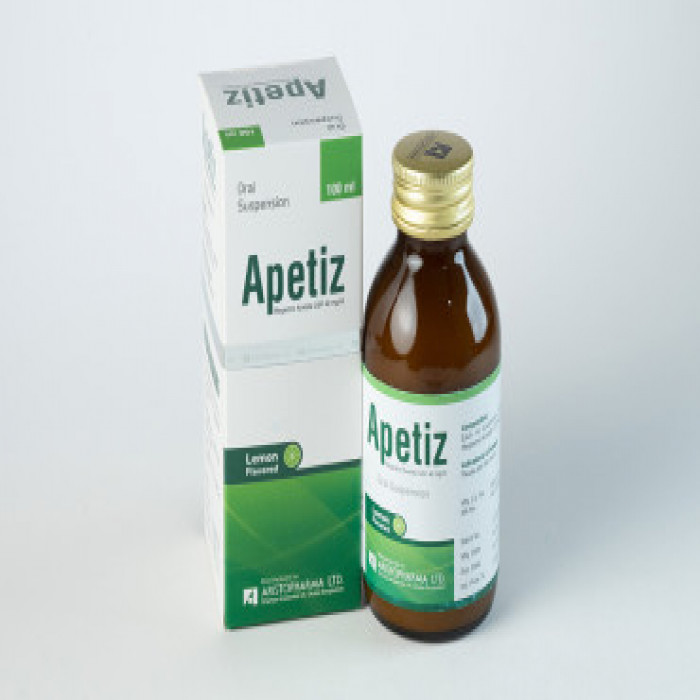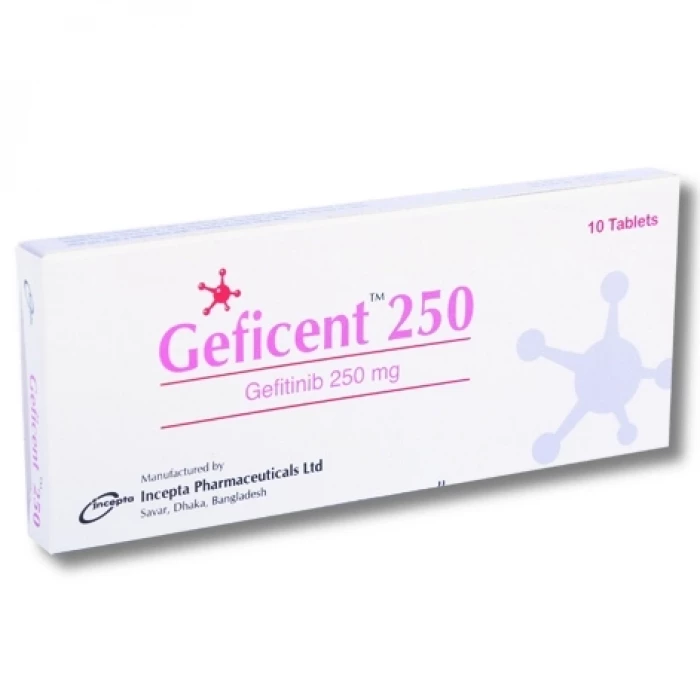
✔ 100% Authentic Product
👁️ Currently Viewing 2007
Geficent 250mg Tablet 10pcs
Gefitinib, the active ingredient in Geficent, is a reversible inhibitor of EGFR kinase activity, preventing the autophosphorylation of tyrosine residues. This inhibition disrupts EGFR-dependent cell proliferation. Gefitinib has a higher binding affinity for EGFR exon 19 deletion and exon 21 point mutation (L858R) than for wild-type EGFR. It also inhibits IGF and PDGF-mediated signaling at clinically relevant concentrations.
Geficent is indicated for the first-line treatment of patients with metastatic non-small cell lung cancer (NSCLC) whose tumors have EGFR exon 19 deletions or exon 21 (L858R) substitution mutations. Detection of these mutations must be confirmed by an FDA-approved test.
Discount
Price: ৳ 1,140
MRP:
৳
1200
5%
Off

100% Genuine Products, Guaranteed

Safe & Secure Payments, Always

Fast, Secure & Efficient Delivery

Proper Packaging
 Cash on Delivery - All over Bangladesh
Cash on Delivery - All over Bangladesh Regular Delivery - 12-24 Hours, Dhaka City* Charge Tk.39-59
Regular Delivery - 12-24 Hours, Dhaka City* Charge Tk.39-59 Regular Delivery - 24-48 Hours, Other Cities* Charge Tk.99-110
Regular Delivery - 24-48 Hours, Other Cities* Charge Tk.99-110
🌙 রমযান অফার 🌙
 ফ্রি ডেলিভারিঃ - ৭৯৯ টাকা+ অর্ডারে, ঢাকা
শহরে
ফ্রি ডেলিভারিঃ - ৭৯৯ টাকা+ অর্ডারে, ঢাকা
শহরে ফ্রি ডেলিভারিঃ - ২৭৯৯ টাকা+ অর্ডারে, ঢাকার
বাহিরে
ফ্রি ডেলিভারিঃ - ২৭৯৯ টাকা+ অর্ডারে, ঢাকার
বাহিরে
📲 মোবাইল অ্যাপ অর্ডারে সাশ্রয় বেশী
-
Google Play Store থেকে ডাউনলোড
-
Apple Store থেকে ডাউনলোড
100% Genuine Products, Guaranteed
Safe & Secure Payments, Always
Fast, Secure & Efficient Delivery
Proper Packaging
 Cash on Delivery - All over Bangladesh
Cash on Delivery - All over Bangladesh Regular Delivery - 12-24 Hours, Dhaka City* Charge Tk.39-59
Regular Delivery - 12-24 Hours, Dhaka City* Charge Tk.39-59 Regular Delivery - 24-48 Hours, Other Cities* Charge Tk.99-110
Regular Delivery - 24-48 Hours, Other Cities* Charge Tk.99-110 ফ্রি ডেলিভারিঃ - ৭৯৯ টাকা+ অর্ডারে, ঢাকা
শহরে
ফ্রি ডেলিভারিঃ - ৭৯৯ টাকা+ অর্ডারে, ঢাকা
শহরে ফ্রি ডেলিভারিঃ - ২৭৯৯ টাকা+ অর্ডারে, ঢাকার
বাহিরে
ফ্রি ডেলিভারিঃ - ২৭৯৯ টাকা+ অর্ডারে, ঢাকার
বাহিরে- Google Play Store থেকে ডাউনলোড
- Apple Store থেকে ডাউনলোড
🌙 রমযান অফার 🌙
📲 মোবাইল অ্যাপ অর্ডারে সাশ্রয় বেশী
✅ Description:
Lung cancer occurs when cells in the lung grow uncontrollably, disrupting normal lung function.
Types of Lung Cancer
- Non-Small Cell Lung Cancer (NSCLC):
- The most common form of lung cancer.
- Begins when cells lining the lung start to multiply uncontrollably.
Risk Factors
- Smoking: The leading risk factor for lung cancer.
- Second-hand smoke, exposure to harmful chemicals, and environmental pollutants may also contribute.
Common Symptoms of NSCLC
- Persistent Cough: A cough that doesn’t go away.
- Shortness of Breath: Difficulty breathing or wheezing.
- Chest Pain: Pain or discomfort in the chest area.
- Fatigue: Feeling unusually tired or weak.
Cancerous lung cells can travel through the bloodstream to other parts of the body, forming secondary tumors.
Safety Advices

Alcohol
UNSAFE
Avoid consumption of alcohol while taking Geficent 250 since it may increase the risk of liver damage.

Pregnancy
UNSAFE
Geficent 250 is not recommended for use in pregnant women as it may harm the baby. Consult your doctor before taking Geficent 250

Breastfeeding
UNSAFE
Geficent 250 is not recommended for use in breastfeeding women as it is unsafe for the baby. Consult your doctor before taking Geficent 250.

Driving
CAUTION
If you feel weak while taking Geficent 250, consult your doctor before driving or using tools or machines.

Kidney
CONSULT YOUR DOCTOR
Geficent 250 should be used with caution in patients having kidney problems. Consult your doctor before taking Geficent 250.

Liver
CONSULT YOUR DOCTOR
Geficent 250 should be used with caution in patients having liver problems. Consult your doctor before taking Geficent 250
✔️ Uses of Geficent
- Used to manage adults with non-small cell lung cancer
✔️ How does Geficent work?
Geficent works by decreasing the survival rate and proliferation of cancer cells in lung tissues by blocking a protein called epidermal growth factor receptor (EGFR) which is responsible for the growth and spread of cancer cells thereby controlling the growth and spread of cancer cells to other parts of the body.
✔️ Side Effects of Geficent
Common side effects include:
- Interstitial Lung Disease (ILD)
- Hepatotoxicity (elevated ALT, AST, or bilirubin)
- Gastrointestinal perforation
- Severe or persistent diarrhea
- Ocular disorders (keratitis, dry eye, blepharitis)
- Bullous and exfoliative skin disorders (e.g., toxic epidermal necrolysis, Stevens-Johnson syndrome)
✔️ Quick Suggestions:
- Maintain a healthy weight by performing regular low-strain exercises and eating healthy food.
- Get adequate sleep as resting helps in improving your health, and mental ability and improves attention.
- De-stress yourself by meditating, reading books, taking a warm bubble bath, or listening to soothing music.
- Do not take antacids (to reduce the acid level of your stomach) 2 hours before or 1 hour after taking this medicine.
- Eat food rich in antioxidants such as berries, spinach, kidney beans, dark chocolate, etc.
- Foods containing fiber help in better digestion. These include beans, peas, lentils, whole grains, nuts, and seeds.
- Avoid smoking and alcohol consumption.
✔️ Dosage & Administration of Geficent
Recommended Dose:
250 mg orally once daily, with or without food, until disease progression or unacceptable toxicity occurs.
Missed Dose:
If a dose is missed, do not take it within 12 hours of the next scheduled dose.
Patients with Swallowing Difficulties:
- Immerse the tablet in 4–8 ounces of water.
- Stir for approximately 15 minutes.
- Drink the liquid immediately or administer it through a nasogastric tube.
- Rinse the container with 4–8 ounces of water and drink the rinse or administer it via the nasogastric tube.
Pediatric Use:
Safety and effectiveness in children have not been established.
Renal Impairment:
No studies were conducted in patients with severe renal impairment.
Hepatic Impairment:
Use with caution, and monitor for adverse effects.
✔️ Interaction
CYP3A4 Inducers:
Strong inducers (e.g., rifampicin, phenytoin) increase the metabolism of Geficent, reducing its effectiveness. The dose may be increased to 500 mg daily and reduced back to 250 mg 7 days after discontinuing the inducer.
CYP3A4 Inhibitors:
Strong inhibitors (e.g., ketoconazole) increase plasma concentrations of Geficent.
✔️ Contraindications:
Known hypersensitivity to Gefitinib or any component of the drug.
✔️ Pregnancy & Lactation
Pregnancy:
- Geficent may harm the fetus. Pregnant women should avoid its use, and women of childbearing potential must use effective contraception during treatment and for 6 months after the last dose.
- Male patients with female partners should use contraception during treatment and for 3 months after the last dose.
Lactation:
- It is unknown whether Geficent is excreted in human milk. Breastfeeding is not recommended during treatment or for 2 weeks after the last dose.
✔️ Precautions & Warnings
Interstitial Lung Disease (ILD):
- Occurs in 1.3% of patients.
- Discontinue if ILD is confirmed.
Hepatotoxicity:
- Monitor liver function periodically.
- Discontinue in cases of severe hepatic impairment.
Gastrointestinal Perforation:
- Rare but serious (0.1%). Discontinue treatment immediately if it occurs.
Severe Diarrhea:
- Withhold treatment for Grade 3 or 4 diarrhea lasting more than 14 days.
Ocular Disorders:
- Monitor for keratitis, corneal erosion, or aberrant eyelash growth.
- Discontinue in severe cases.
Bullous and Exfoliative Skin Disorders:
- Rare but serious. Discontinue treatment if these conditions develop.
✔️ Storage:
- Store at 20°–25°C in a cool, dry place, away from sunlight.
- Keep out of reach of children.
⚠️Disclaimer:
At ePharma, we’re committed to providing accurate and accessible health information. However, all content is intended for informational purposes only and should not replace medical advice from a qualified physician. Please consult your healthcare provider for personalized guidance. We aim to support, not substitute, the doctor-patient relationship.




